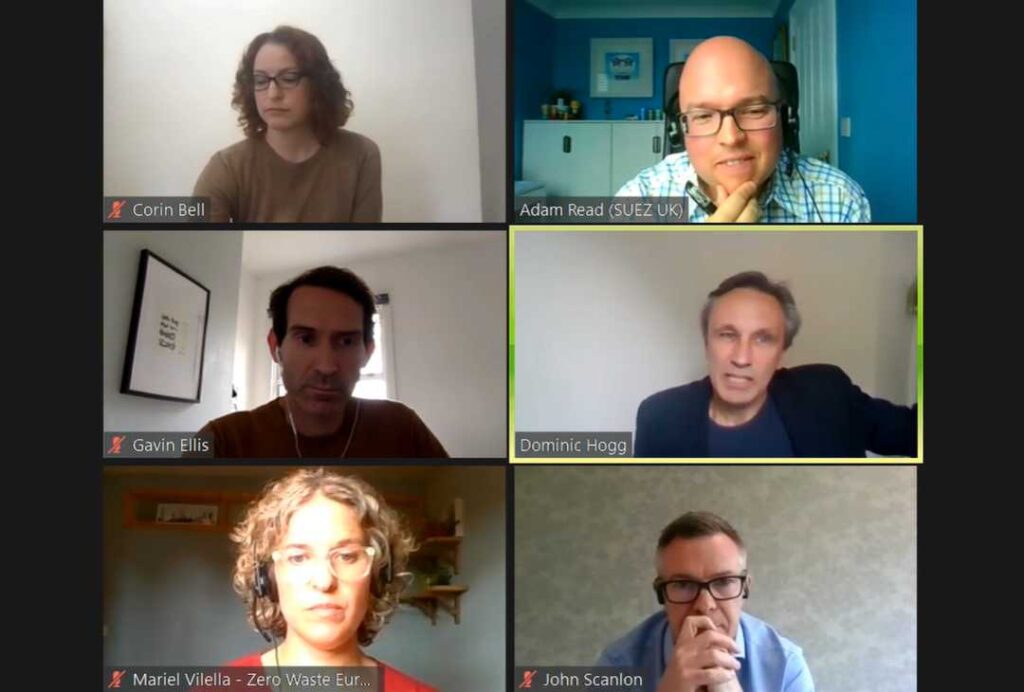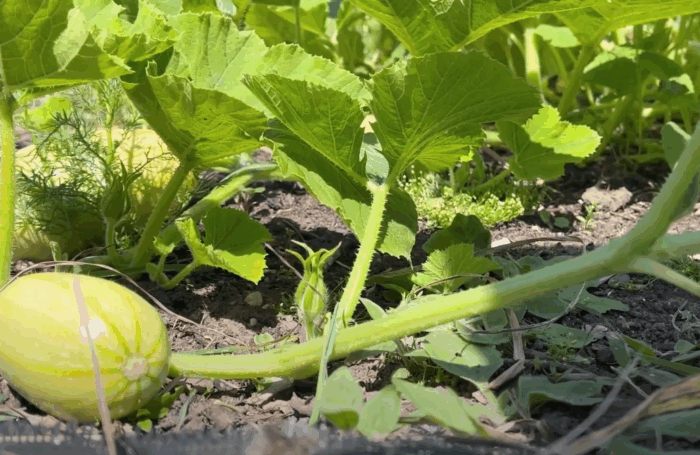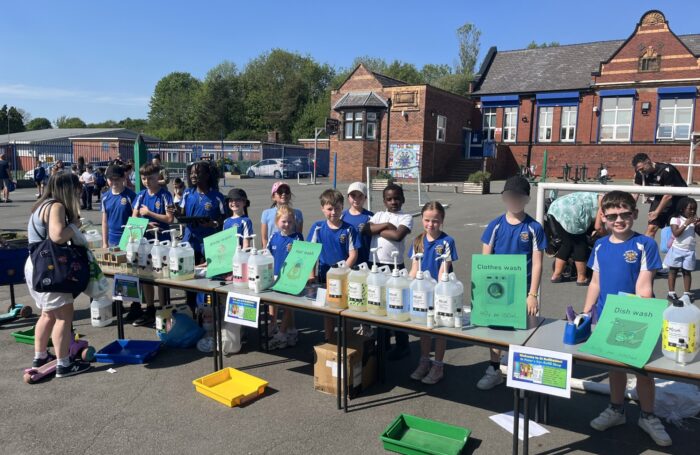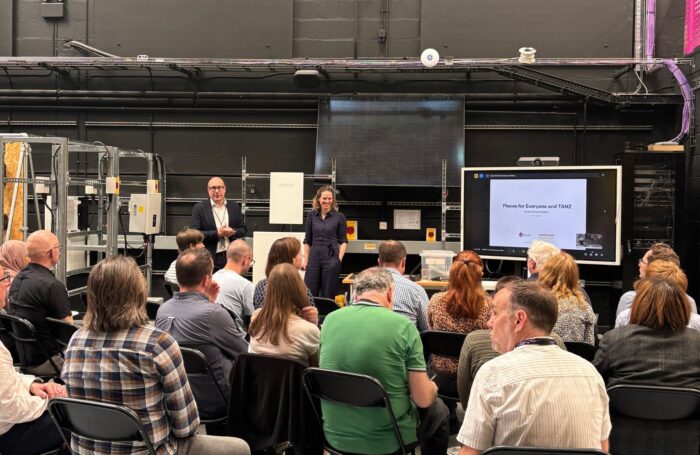
Where do the re-use items come from to get into the shops?
Re-use items will come from members of the public who can donate them to the shops.
is it possible to have the full recording of this session?
The full recordings of all sessions from the Green Summit 2020 are available at https://www.gmgreensummit2020.co.uk/
So if materials that can viably be recycled are limited what can we do as a city-region to make supermarkets/shops and their suppliers use trays and other materials that CAN be recycled rather than used for energy? Will the gov’s new Environment Bill sort this out?
We are working with a number of partners in Greater Manchester to find innovative solutions to ensure any plastic that is placed on the market is actually recycled. We are a partner on the University of Manchester’s project ‘One Bin to Rule Them All’ that looks to create simpler methods of recycling and eliminate plastic leakage into the environment. https://www.research.manchester.ac.uk/portal/en/publications/the-future-…(b8a39fad-b463-435f-90cc-5ac20ae14244).html. The Governments new legislation on Producer Responsibility will drive better packaging design, uniformity and improve recycling. As we work to be more circular in our city-region, the first option should be to not use any material that is not required especially if it is single-use. So avoid waste in the first place, and then choose a re-usable alternative.https://plasticfreegm.com/
How do we get water fountains in our area and parks, as there used to be?
The Greater Manchester Refill project was launched in 2019. This included the installation of new outdoor water fountains in Bury funded by environmental consultancy Eunomia. The water fountains form part of a larger network being rolled out across the city region, coordinated by Refill, United Utilities, District Councils and the Greater Manchester Combined Authority (GMCA) as part of the Mayor’s Plastic Free GM Campaign. Due to Covid-19 and to minimise risk and prioritise essential services this programme has been temporarily suspended. The programme will re-commence as determined by Government advice and the pace at which restrictions are lifted. https://plasticfreegm.com/news-cat/refillgm/
Sainsbury’s changed from black plastic food trays to green trays, is there any point in them doing so?
Traditional carbon black pigment absorbs light and is not picked up by the infrared sensors at recycling plants, meaning that black plastic packaging is effectively “invisible” in the system and ends up as general waste. Whilst we only recycle plastic bottles in Greater Manchester at present, as packaging evolves, infrastructure improves and end markets become available, having green plastic trays means that the current recycling technology in place can identify green plastic and separate for recycling.
Everyone keeps talking about Net Zero. There is too much CO2 in the atmosphere. How do we reduce the amount of CO2 in the atmosphere at scale? As a region can we try to have a negative carbon value?
We face major environmental challenges that threaten the health and prosperity of our region. Greater Manchester is taking action with the Five-Year Environment Plan which sets out our long-term environmental vision – to be carbon neutral by 2038 – and the urgent actions we all need to take in the next five years to help achieve this. It is the result of 12-months’ consultation and collaboration with all parts of the Greater Manchester family. https://www.greatermanchester-ca.gov.uk/media/1975/5_year_plan_exec_summ…
Why can’t we recycle all plastics in Greater Manchester? Surely we can do more than bottles, other places do…
Plastic bottles are the only type of plastics that can be recycled across Greater Manchester. All types of bottle are accepted including shampoo, shower gel and trigger spray bottles for example. Other councils may collect pots, tubs and trays but very little is recycled. Unlike plastic bottles which are mainly made of two types of plastic (HDPE and PET) plastic pots, tubs, trays, bags and film are made of a range of different types of plastic. All plastics in theory can be recycled but it is not always technically or economically viable. In Greater Manchester, we only collect plastic bottles because there is a sustainable market for them and we can guarantee they will be recycled. https://recycleforgreatermanchester.com/what-happens-to-my-plastic/
On the subject of plastic waste, what are the panel’s thoughts on taking this back to basics and introducing space and resources within communities to encourage home grown ‘Plant & Pick’ or ‘Sow & Share’ areas to cut down on both food miles and packaging and promote inter-generational actives and learning?
The Good Food GM partnership brings organisations together to help our city-region strategically improve our food system. Together, we’re tackling issues including procurement, food poverty, waste, environmental impacts, and diet-related illness. As part of this we support the Sustainable Food Cities model which looks to build community knowledge, projects, and encourages communities to protect, take control of and manage community assets for growing and other food related initiatives. https://www.goodfoodgreatermanchester.org/



